
City of immigrants: Welcomed without fear?
Six immigrants from six different countries walked into a theater last Tuesday night.
Six immigrants from six different countries walked into a theater last Tuesday night.
They come from different religious backgrounds and yet shared a stage at the National Museum of American Jewish History. It was an event hosted by two multicultural organizations. In a panel discussion, these six immigrant Philadelphians recounted their journeys from far-flung corners of the earth — from China to Guatemala, Kenya to Palestine — and the common struggle of integrating not just into the culture, but the economy of the United States. They were followed by a keynote address delivered by a man from South Philadelphia, the descendant of Irish immigrants fleeing famine, who you may know as Mayor-elect Jim Kenney.
This is what Philadelphia looks like in November, 2015.
But Philadelphia, like other global cities living in the age of terror, is far from an immigrant utopia. In the last two weeks alone, current Mayor Michael Nutter has backtracked on his executive order that limits cooperation between local law enforcement and federal agents from Immigration and Customs Enforcement. Days later, following the deadly attacks in Paris that killed 129, half of the U.S. states vowed to close their doors to Syrian refugees, thereby tying the terrorist act directly to the ongoing mass migration in Europe. Governor Tom Wolf quickly announced that Pennsylvania would remain hospitable, and Kenney followed suit. But the decision has been met vocal opposition in both Philadelphia and Harrisburg.
The two incidents share a common fear: that immigrants, especially the undocumented, present both an economic and a public safety threat. Such rhetoric has dominated the U.S. presidential campaign trail since last summer, when Kathryn Steinle was shot and killed in San Francisco by a five-time deported immigrant named Juan Francisco López-Sánchez. And in the wake of recent terror attacks, the anti-immigration candidates have become disproportionately suspect of both Middle Eastern and Latin American immigrants.
In the diverse and crowded theater at the Jewish History Museum last week, immigrants voiced their concerns about the future of immigrant Philadelphia. There were stories brimming with failures and successes. There was brotherly love, sisterly affection and Philadelphia grit. There was no terror.
Click on the image to read through the recommendations.
A generational response to Arab refugees
Yasmine Mustafa and her family came to the U.S. as refugees from the Persian Gulf War in 1991. Her parents were Palestinian refugees who relocated to Kuwait. When the war bells tolled, the Mustafa family had just a few hours for their chance to escape. They packed their bags and were whisked off to Philadelphia where the family had some business connections. Yasmine was just eight years old.
The American Embassy provided them with a small apartment and a few months’ worth of food stamps, but other than that they were on their own. They did not have the support of an existing Arab community to help with the language or business gap. Soon, their refugee status ran out — the result of broken communication — and most of the family became undocumented, Mustafa says.
Years later, this under-the-radar family of Arab refugees would begin attracting attention in the worst possible way.
“Our family faced a lot of immigration woes after 9/11,” Mustafa said. “It became harder.”
The day after 9/11, Mustafa walked into her job at the Oaks Turf Club and her manager asked her if she “knew how to fly planes.” Coworkers laughed uncomfortably. She was fired that day. Her brother, Osama, had hard time in the coming years. At one point he experimented with changing his name on his resumé in order to find jobs.
Even with a 3.8 GPA at Temple University, Mustafa couldn’t apply for scholarships as a non-citizen. Her father left the family, taking the entire savings account with him. Mustafa, her mother and siblings all worked under-the-table jobs at delis, diners, and dry cleaners in order to pay the bills. Like many undocumented immigrants, they could not take out bank loans until they established a credit line as legal residents.
“We finally became residents in 2006. Of course you have to wait five years to become an American citizen. And I became an American citizen April 19, 2012, at 10:39 a.m.,” Mustafa said.
Today, Mustafa is a social entrepreneur that leverages technology for civic-minded causes. Her latest venture is a ROAR for Good, a wearable self-defense technology company aimed at reducing violence against women. A few months ago, Mustafa spoke at TEDx Philly about her immigration story, with special emphasis on the idea of the “birth lottery.” To her, the response to U.S. response to the Syrian refugee crisis is heartbreaking.
“We were refugees that were brought here and abandoned,” she said. “Now I can’t log into Facebook, hearing all the comments about ‘we don’t belong here’ and ‘close our borders.’”
The Obama administration has announced that it would accept 10,000 Syrian refugees next year, a paltry number compared to much smaller European countries. Last week, the U.S. House of Representatives passed a bill that would belabor the process of bringing Syrian refugees into the U.S.
 Click on the image to go through the statements.
Click on the image to go through the statements.
"I can only hope that our new mayor will listen’
As a refugee that fled the undeclared civil war in Guatemala in 1982, Manuel Portillo came to the United States escaping political persecution and violence, only to find himself fighting a new kind of war.
“When I came here, fighting for my rights is how I got my first job in this country. The Reagan administration didn’t recognize Central Americans, coming as a result of the war that the United States was financing, as refugees,” Portillo said.
Between Boston and Philadelphia, Portillo began numerous political advocacy campaigns. By the time he was granted political asylum many years later he had turned into a national leader among the Central American refugee community, working closely with other undocumented immigrants. Today he directs the Immigrant Professionals Program at the Welcoming Center for New Pennsylvanians.
“When I came I was undocumented, an ‘illegal alien’ or whatever word we use nowadays, and as you see me I’ve transformed into a more palatable person, at least for some people out there,” he said.
For Portillo, changing public perceptions of immigrants is only half the battle.
There is also the matter of economic integration. In addition to getting jobs for newcomers, it also involves access to education, social and health services. “We need to bring all communities to the table to make decisions together with the city,” Portillo said. “It cannot be otherwise. Immigrants are an integral part of our society and in Philadelphia we are making an enormous difference.
A Philadelphia resident for 22 years, he recognizes the city has undergone many changes and that today is a critical moment for immigrants.
“I can only hope that our new mayor here with us will listen and will be very open...with a capital O,” Portillo said. “That he will listen as he has being doing so, but I am hoping he will listen even more this time because it is through listening that we engage people.”
He said that through his experience, immigrant integration can also be seen through the lenses of the political fight that happens between people left at the margins of society and those who are in power.
“It has to be political empowerment even for those like me who back in the day didn’t had the privilege of having a piece of paper that says they can be recognized as human beings,” he said.
An ocean of voices
In the last decade Philadelphia has been promoted as a global city aiming to re-emerge as a major immigrant destination.
The 2010 Census results showed great opportunities for economic growth and job creation. The city saw a population gain for the first time since the 1950 Census, in large part because of the steady flow of immigrants.
According to the Philadelphia Migration Project, between 2000 and 2006, greater Philadelphia’s immigrant population grew by 113,000, nearly as many as had arrived in the entire decade of the 1990s.
The study also found that immigrant contributions to the labor force are considerably higher. Nearly 75 percent of greater Philadelphia’s labor force growth since 2000 is attributable to immigrants, in comparison to 36 percent in the 1990s.
But although organizations and several initiatives have been implemented to make Philly more immigrant-friendly, the immigrant experience varies greatly among individuals.
Attorney and tech entrepreneur Dafan Zhang said that, up until he established himself, he received absolutely no assistance. “Anything I wanted to do I had to do it himself. First because I was stubborn and second of all I just didn’t know there were any resources available,” Zhang said.
Born in China just after the cultural revolution, his parents sent him to the United States when he was 15 years old, but things didn’t go as planned. Zhang ended up dropping out of high school and spending several years of his life as a homeless wandering around 30th Street Station and Penn Campus.
“I remembered that I believed when my mom told me that if I work hard I could have a future. I got into horrible situations and I thought life has to be more that,” Zhang said.
After having several jobs in the fast food industry and as a delivery boy, he decided to go back to get his high school diploma from the School District of Philadelphia, which he described as one of his proudest moments.“I know there are a lot of people doing great things in the region, but does every immigrant know this resources are out there?” Zhang asked. “We have a lot of resources available but we need to do a better job in community outreach to let people know that there are many resources out there.”
Even immigrants who had immediate support networks in Philadelphia faced their own unique challenges.
Liudmila Hanchar was a practicing lawyer in her native Belarus. She decided to move to the United States with her husband in 2010, mainly because of its current President Alexander Lukashenko, who took office in 1994 and is known as “Europe’s last dictator.”
“There are great concerns regarding the question of elections and it was the most significant reason we decided to leave Belarus,” Hanchar said. “We chose Philadelphia because it is the birthplace of freedom and it celebrates diversity. Probably the most practical reason was we had very good friends who provided a tremendous amount of support and help.”
But even with a support network, she said the biggest challenge was the language barrier. How was an educated working professional to integrate into this newfound, English-speaking economy?
“Regardless of how educated we were, how many years of experience we had and how smart we are, if you can’t communicate nobody cares that you exist,” she said.
It took her three years but Hanchar was finally able to graduate from Temple Law School as an internationally accredited lawyer.
“Could I dreamed about this five years ago, probably not, but this is the U.S. The country which we all build up today, the country where fairness and justice are essential principles,” she added.
In the case of Festo Okidi his cultural adaptation was an easy as a newcomer. He remembered watching MTV and the Simpsons in Kenya before coming to the U.S.
“I choose the United States not only because of education. I came here to get educated at a four year college and landed at the University of Oklahoma,” Okidi told the audience.
He recognized that it was really tough being a 20 year-old living on his own. He soon began after making a lot of bad financial decisions. It was here that he learned his most important lesson: You have to be the sole manager of your own affairs.
“I messed up my credit, I was getting credit card offers one every month thinking I had all this money,” Okidi said. “[Now] I try to counsel a lot of immigrants that are coming to this country. If there is one thing that you need to guard it is your financial health, because that is the key to become a contributing member of this nation.”
Joe Grace, Vice President for State and Local Advocacy at GPCC, pointed out that Philadelphia has already experienced a significant economic impact from the immigrants that have made the city their new home.
However, the current discourse on national policy — from the hostility toward refugees to the possibility of Philadelphia losing its “sanctuary city” status — has left the immigrant community feeling uncertain and frustrated.
Originally from Indonesia, Hani White is currently part of the Women's Opportunities Resource Center.
She came to the U.S. in 2000 when she landed a job at Walt Disney World in Florida, where she was to create an educational program about Indonesia for kids. After the 9/11 attacks, the company closed its doors to international employees.
After losing her job White wasn’t ready to give up on her American dream. She traveled across the country until she found Philadelphia, "an affordable city where I found a job."
She described building a new life in Philadelphia as a humbling experience, made possible only by the services provided by the Welcoming Center for New Pennsylvanians. In less than five years White managed to navigate the system and homeownership in big part due to the sanctuary she received here.
“I am from South Philly and you are from South Philly,” White told Kenney. “We need more economic development for small businesses (...) but the most important as first mentioned the sanctuary, please stay as a sanctuary city,” White said. “If Ann (O’Callaghan) wouldn’t given me sanctuary I wouldn’t be here.”



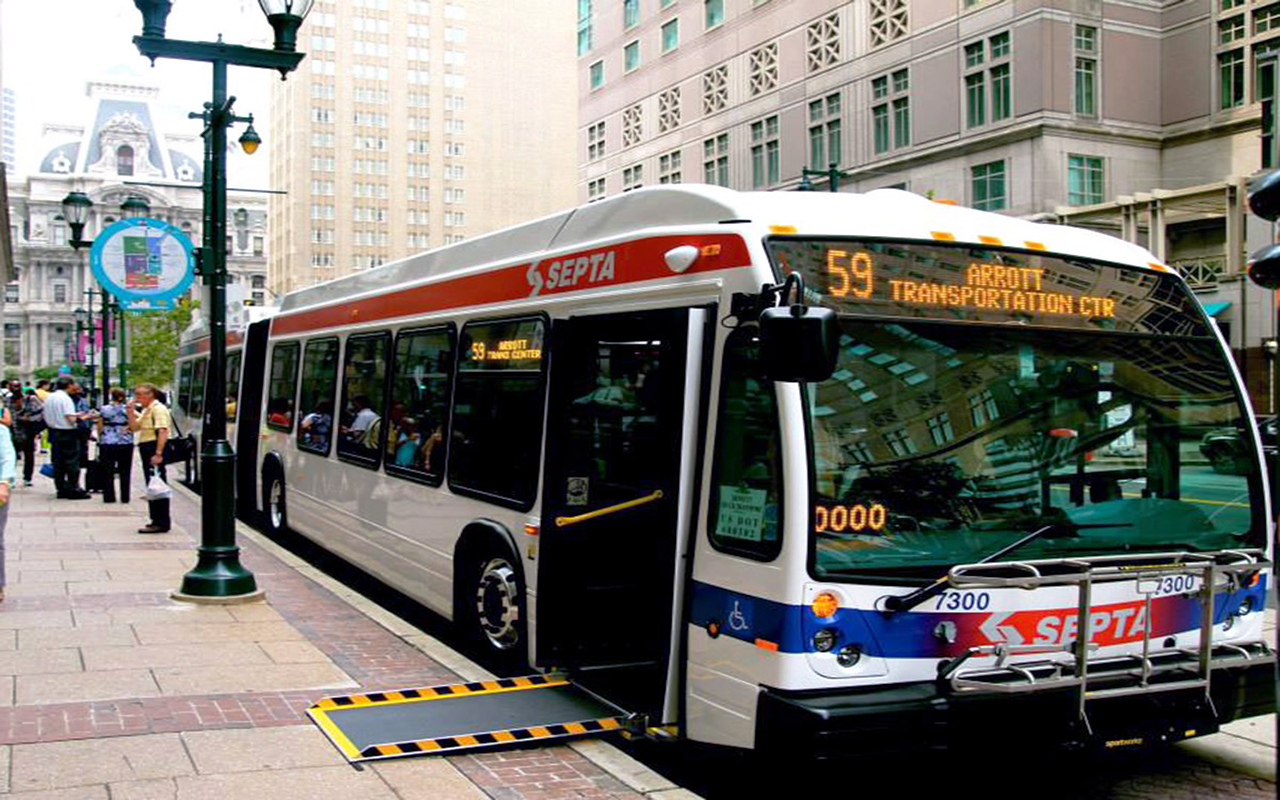
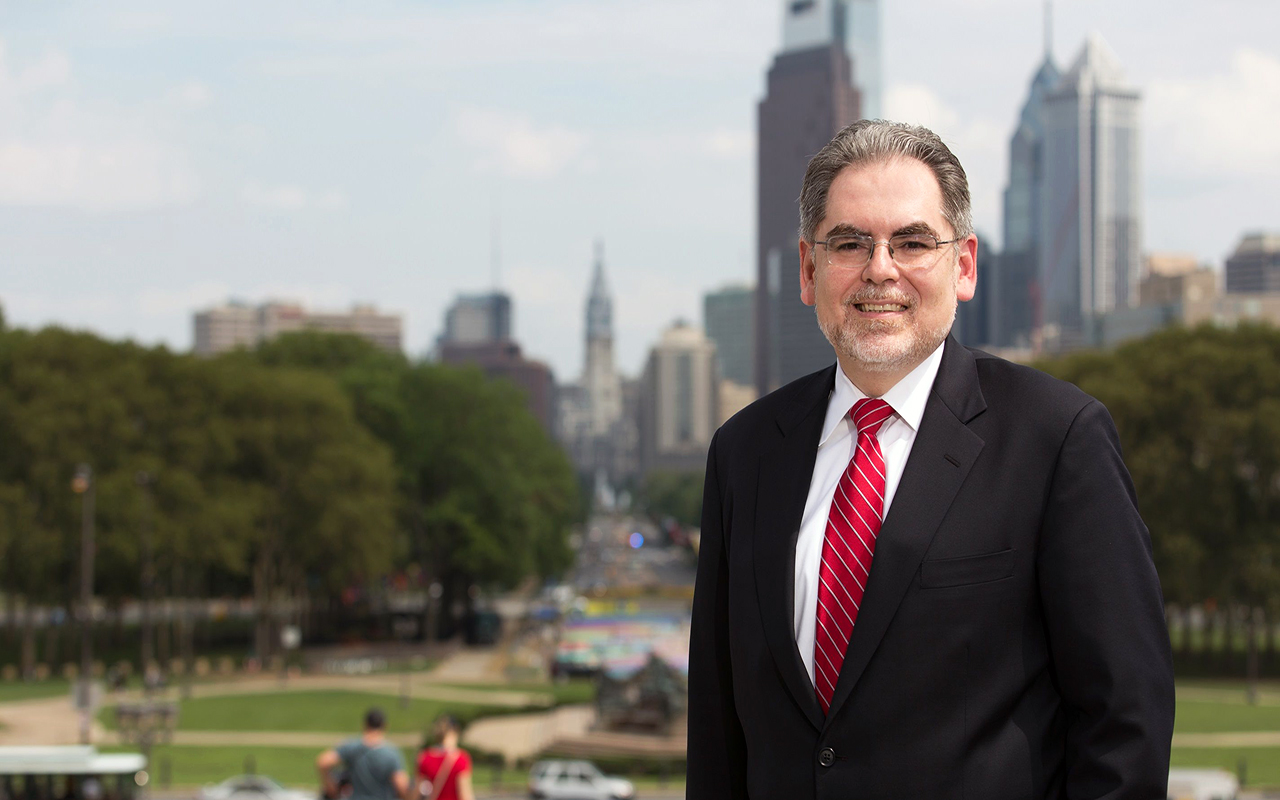

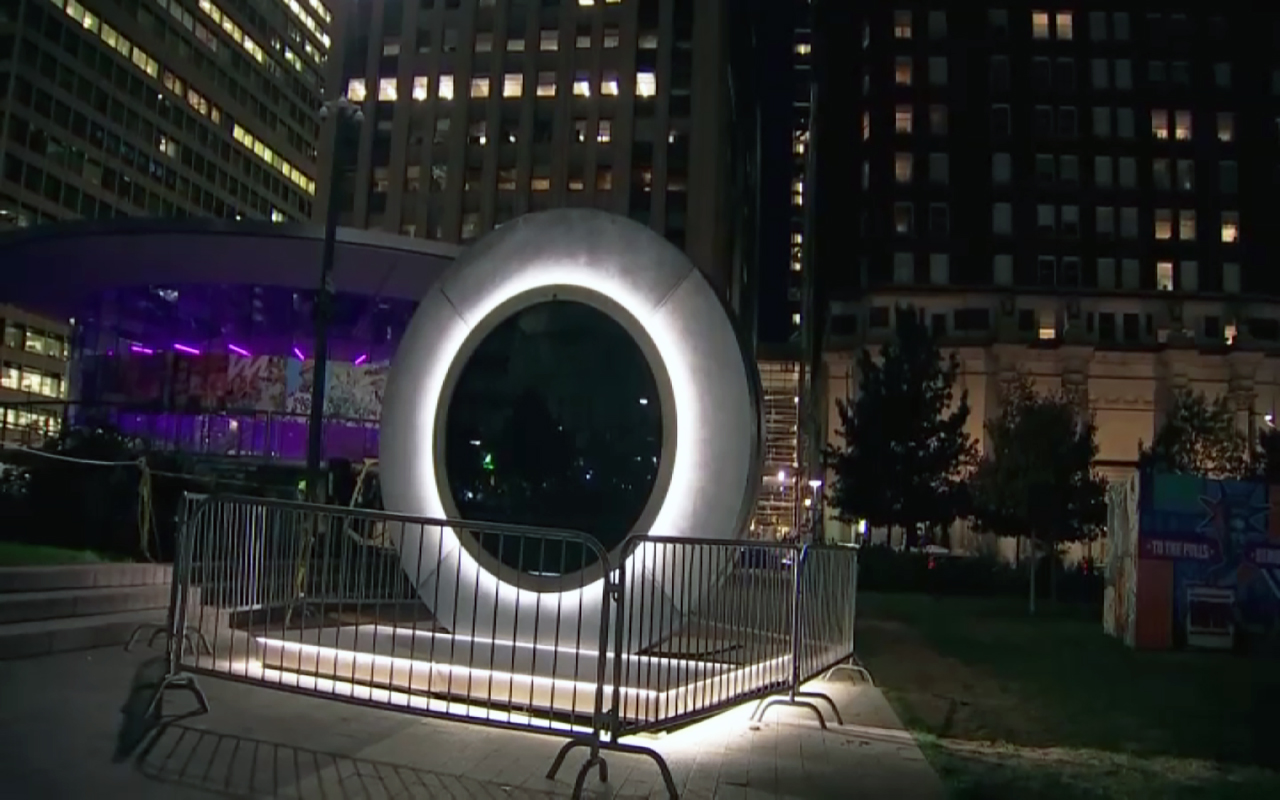
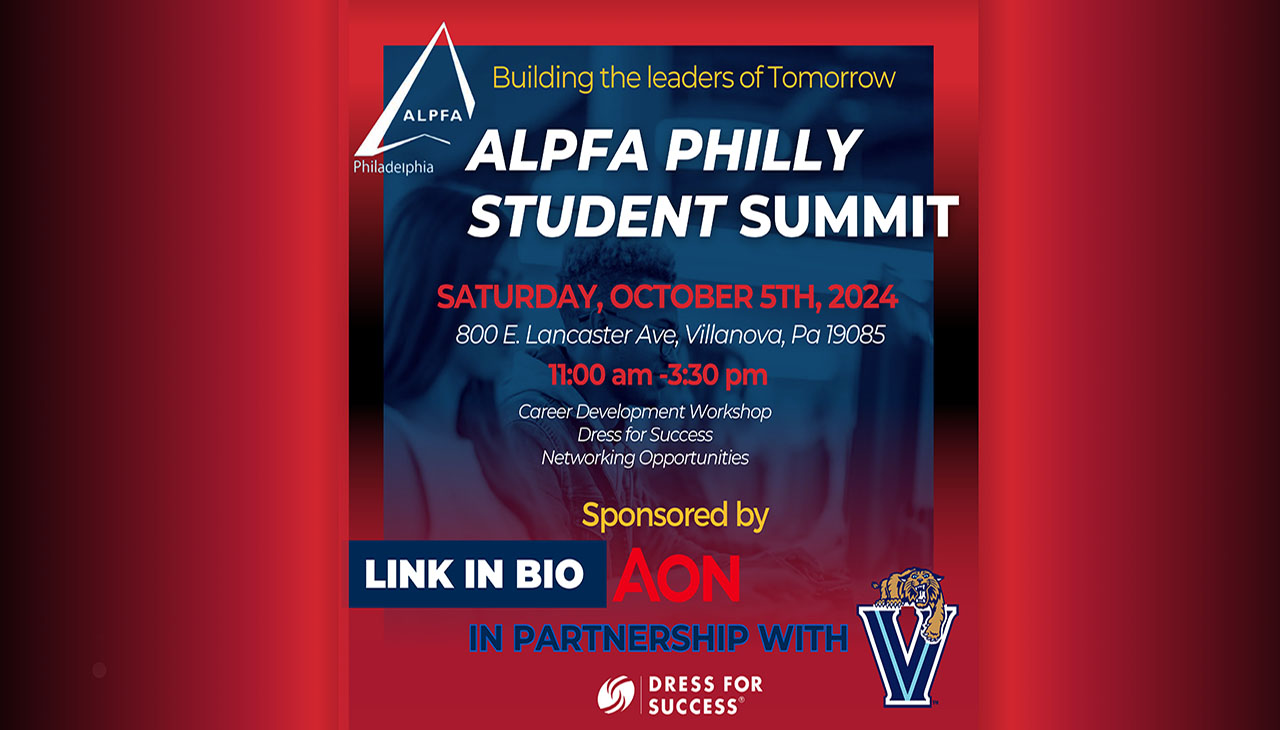
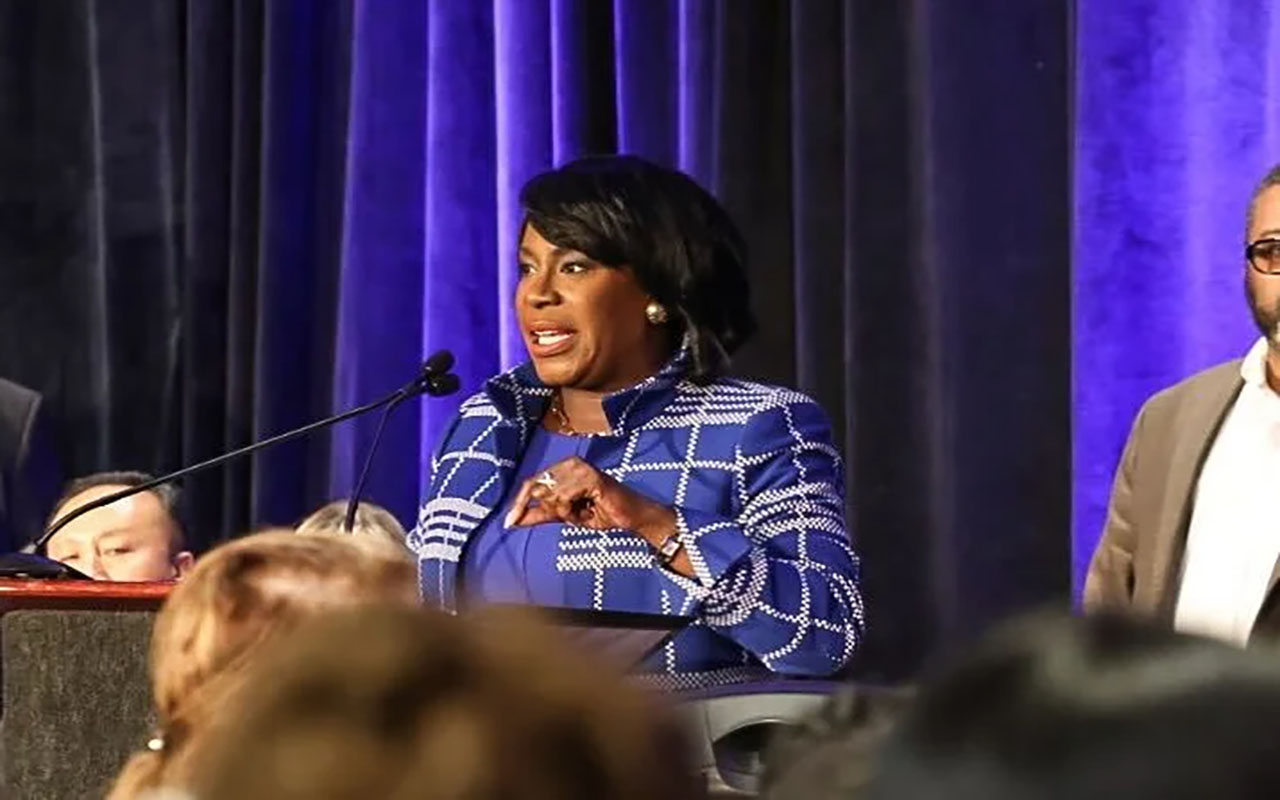
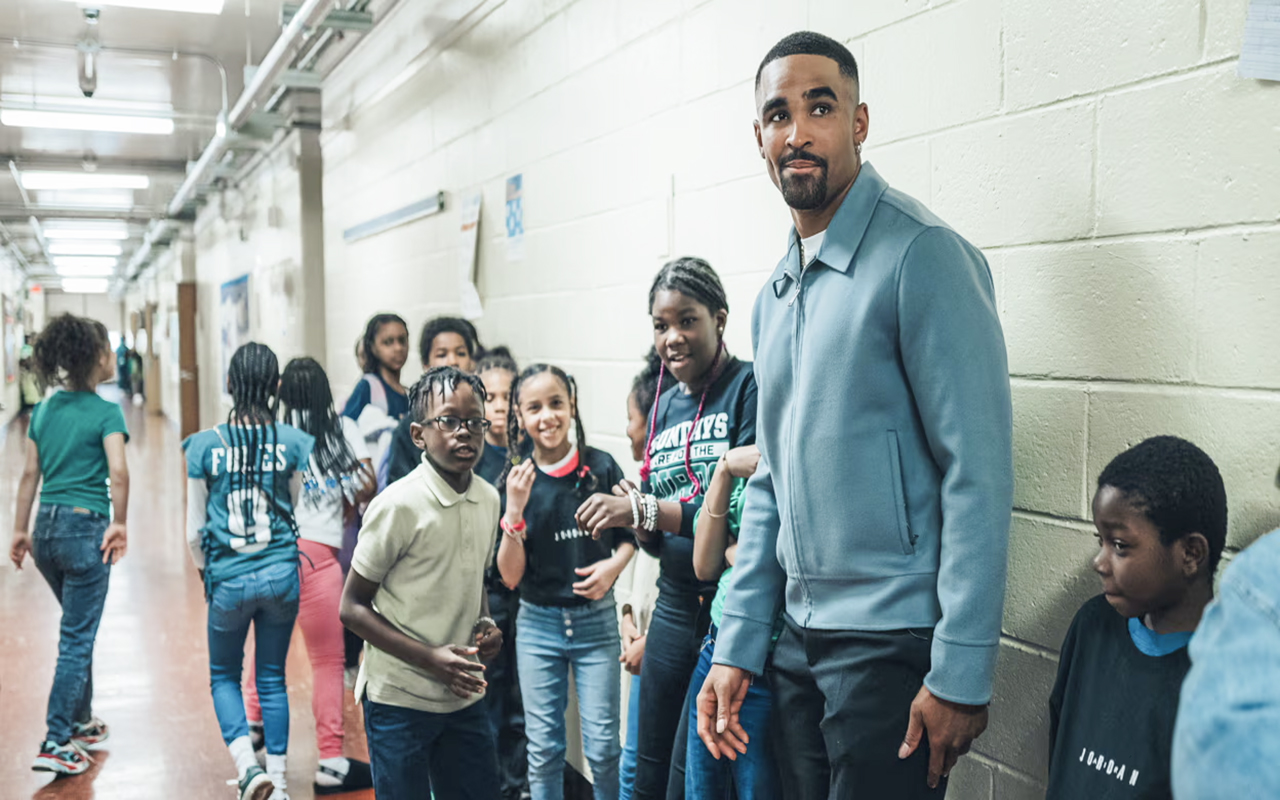

LEAVE A COMMENT:
Join the discussion! Leave a comment.